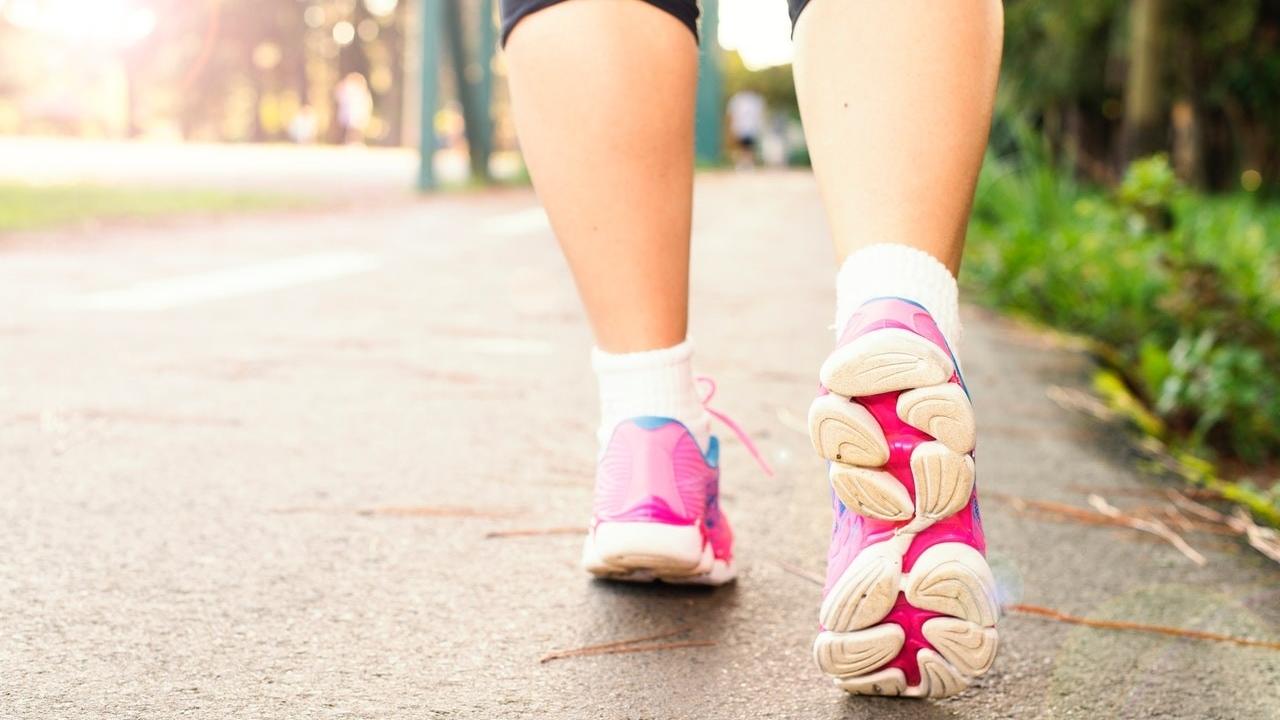
The best time to go for a stroll
Oct 22, 2020A study by researchers from the University of Otago in New Zealand demonstrated how taking a 10-minute walk after a main meal results in lower blood glucose levels than going for a single 30-minute walk each day, in people who have elevated blood sugar, a condition known as type 2 diabetes.
The study, published in the peer-reviewed medical journal Diabetologia was a randomised crossover study which aimed to assess whether the timing of walking in relation to meals could benefit blood sugar levels. Specifically, this study attempted to examine whether taking 10-minute bursts of exercise after each main meal proved to be of greater benefit than a single 30-minute stretch. In the study, physical activity was objectively measured by accelerometry over the full intervention, and blood sugar levels were measured using continuous glucose monitoring in 5 min intervals over 7 days.
The main finding from the study of 41 adults (mean ± SD age 60 ± 9.9 years; mean diabetes duration 10 years), was that taking shorter, more frequent walks immediately after meals reduced blood glucose by around 12% compared with a single 30-minute walk. Interestingly the improvement was particularly striking after the evening meal with a 22% improvement (0.78, 95% CI 0.67, 0.91) when the most carbohydrate was consumed, and sedentary behaviours were highest.
The researchers recommend that current physical activity guidelines should specifically include post-meal activity, especially after meals with lots of carbohydrates, such as bread, rice, potatoes and pasta.
Our take at StriveStronger
Although this study investigated the effect of walking in people with confirmed type 2 diabetes, it is estimated that almost 2 million Australians have slightly abnormally high blood sugar on a daily basis. While not meeting criteria for diabetes, such elevations put them at 50% chance it will develop into type 2 diabetes within 5–10 years have slightly abnormally high blood sugar on a daily basis, and while not meeting criteria for diabetes, such elevations put them at 50% chance it will develop into type 2 diabetes within 5–10 years. Elevated blood sugar, slightly above normal but lower than diagnostic criteria for diabetes is known as prediabetes usually defined as fasting blood sugar of over 5.5 mmol/ L (although some organisations use cut-offs of > 6 mmols/ L) and also delayed ability to lower blood sugar after a meal. Prediabetes is often an incidental finding in people who are undergoing routine blood tests and our experience in the StriveStronger lab is that the incidence of prediabetes reported in the literature may be an underestimate of true community incidence, especially in middle and older aged populations. Therefore, at StriveStronger, we are always looking for strategies to keep blood sugar as low as possible, as maintaining low blood sugar is an important predictor of healthy ageing and longevity. This study highlights how a short walk after meals, and especially after dinner can reduce blood sugar significantly and confirms that there is scientific truth to the old saying of I’m going to walk off the dinner off. So whether you know you have elevated blood sugars or not, we highly recommend you go for a short stroll after meals. If you can do that walk in nature, the health and wellbeing benefits will likely be vastly beyond just blood sugar regulation.
Full reference:
Reynolds, A.N., Mann, J.I., Williams, S. et al. Advice to walk after meals is more effective for lowering postprandial glycaemia in type 2 diabetes mellitus than advice that does not specify timing: a randomised crossover study. Diabetologia 59, 2572–2578 (2016).
Available at: https://doi.org/10.1007/s00125-016-4085-2
Lorem ipsum dolor sit amet, consectetur adipiscing elit. Cras sed sapien quam. Sed dapibus est id enim facilisis, at posuere turpis adipiscing. Quisque sit amet dui dui.
Stay connected with news and updates!
Join our mailing list to receive the latest news and updates from our team.
Don't worry, your information will not be shared.
We hate SPAM. We will never sell your information, for any reason.

